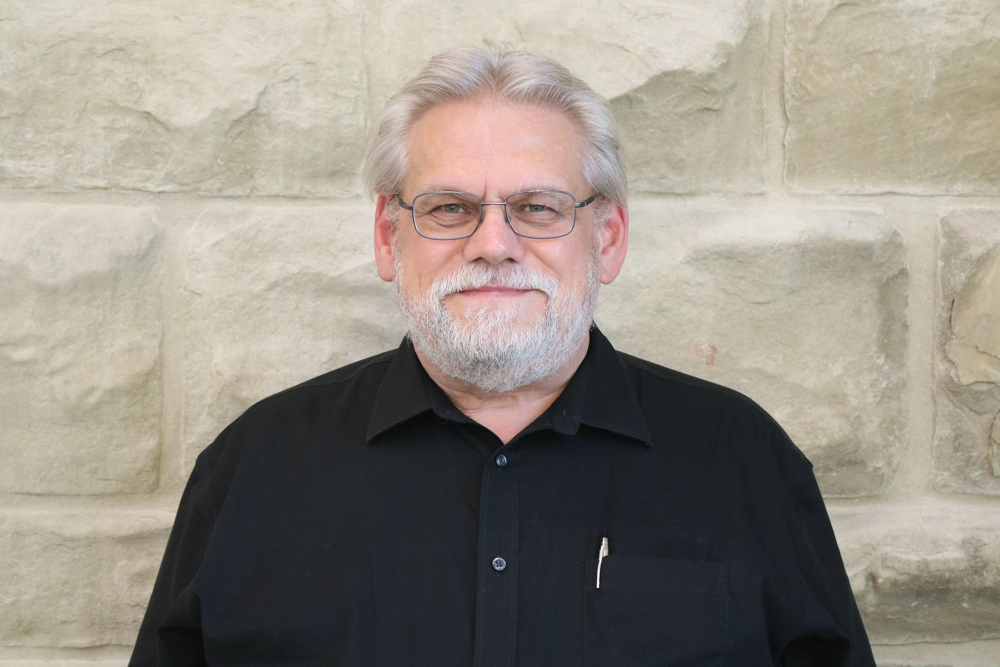Stefan Jonasson Interview Part 2

Image courtesy of Stefan Jonasson
Audio: Part 2 of an interview with Stefan Jonasson conducted by Katrin Nielsdottir on February 26, 2025
Duration of Audio Clip: 2:59
Transcription of Audio:
Stefan: So politically, Heimskringla came to favor the Conservative Party here in Canada. It favored the Unitarian Church and the Winnipeg Tabernacle religiously. It tended to favour the Home Rule Party back in Iceland. And to the extent that there was a similar phenomenon among American readers, it was probably more friendly to the Democratic Party. By contrast, Lögberg favoured the Liberal Party here in Canada, was staunchly supportive of the Evangelical Lutheran Synod, tended to favour what became the Independence Party in Iceland, and leaned Republican in terms of United States politics. So, the two newspapers were able to compete with one another by actually capitalizing on the differences in the Icelandic community. And they both developed fairly robust readerships, although generally speaking, Lögberg’s was the strongest readership. But by competing with one another, they were both kind of energetic and vibrant as publications, and they managed to pay their bills, which was an essential part of the success of any newspaper of the era.
The first generation of Icelandic immigrants were dependent on these newspapers, not just for their news about things Icelandic, but for their news about the country in which they were living and about the international situation. So, in the early years of the two papers, they covered a lot of news that would also have appeared in the Winnipeg Free Press or the Winnipeg Tribune that would have been broadcast on the radio when the radio came or would have been read by Walter Cronkite once television was part of the media landscape. And a huge amount of news in both Heimskringla and Lögberg was news of this kind. Certainly, they covered events in the local Icelandic communities. They covered stories that were distinctive to the Icelandic community here. They covered news from back home, but they were also sources of news about everything to people in this country and in the United States who only spoke Icelandic or who had difficulty in speaking the English language.

